Our Team
-
Dr. Barbara Perry, Network Lead, Ontario

Dr. Barbara Perry is a Professor and the Director of the Centre on Hate, Bias and Extremism at Ontario Tech University. She has written extensively in the area of hate crime and right-wing extremism. Her books include: In the Name of Hate: Understanding Hate Crimes, Hate and Bias Crime: A Reader, The Silent Victims: Hate Crimes Against Native Americans. She is also General Editor of a five-volume set on hate crime (Praeger), and Editor of Volume 3: The Victims of Hate Crime, which is part of that set.
Dr. Perry has also written on policing diverse communities, including work on social control in Native American communities. She has made substantial contributions to the limited scholarship on hate crime in Canada. Most recently, she has contributed to a scholarly understanding of anti-Muslim violence, hate crime against LGBTQ communities, the community impacts of hate crime, and right-wing extremism.
Research Assistants: Zahmeer Ahmed & Tristan Simonetta
Zahmeer is a first year Masters student studying Criminology at Ontario Tech University, where he also received his Undergraduate Degree in Criminology with a minor in Forensic Psychology. Through his research, he seeks to understand the depiction of the Muslim community in the media and the impact it has on the treatment of Muslims in society.
Tristan has completed her Bachelor of Arts in Political Science at Wilfrid Laurier University. She is continuing her education at Ontario Tech University where she is completing a Masters in Criminology. She aspires to eventually complete a PhD in criminology. In her spare time, she volunteers her time in helping youth that have come in conflict with the law.
-
Dr. David Hofmann, Network Lead, Atlantic Canada
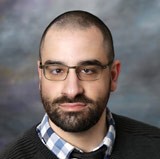
Dr. David Hofmann is an Associate Professor of Sociology at the University of New Brunswick, a research fellow with the Gregg Centre for the Study of War and Society, and a senior research affiliate with the Canadian Network for Research on Terrorism, Security, and Society (TSAS).
David’s current research interests are focused on five broad areas: terrorism and political violence, charismatic leadership, right-wing extremism, apocalyptical and millenarian groups, and criminal & illicit networks. David is a mixed methodologist, with a particular interest in social network analysis. His recent funded research is related to terrorist risk and threat assessment, charismatic leadership within terrorist groups, the far-right and anti-government movements in Canada, hate crimes in Canada and the Maritimes, and modeling the fragmentation of trafficking networks upon removal of key actors and leaders.
Link: https://www.unb.ca/faculty-staff/directory/arts-fr-sociology/hofmann-david.html
Research Assistants: Rebecca Mullett & Sara Frechette
Rebecca graduated from Memorial University of Newfoundland in 2019 with a Bachelor of Arts with a major in Sociology and a minor in Psychology. She also received a Certificate in Criminology. She is currently a second-year Master of Arts Candidate at the University of New Brunswick. Her master thesis is a quantitative investigation of how Canadian police officers respond to right-wing extremist incidents in Canada between the years 2000 and 2020.
Sara is graduating from the University of New Brunswick in 2021 with a Bachelor of Arts in Sociology and English. In the fall she is returning to UNB as a Masters in Sociology student with an interest in researching political and ideological violence.
-
Dr. Aurélie Campana, Quebec
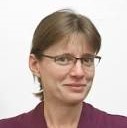 Dr. Aurélie Campana is a Full Professor in the Department of Political Science and Vice-Dean of Studies in the Faculty of Social Sciences at Université Laval.
Dr. Aurélie Campana is a Full Professor in the Department of Political Science and Vice-Dean of Studies in the Faculty of Social Sciences at Université Laval. She is a member of the College of New Researchers and Creators in Arts and Science, Royal Society of Canada and was the Canada Research Chair in Conflict and Terrorism from 2007 to 2017. Her research interests include Jihadism, Right-Wing Extremism, Civil War, Terrorism, and Political Violence.
She has authored and co-edited over 20 peer-reviewed book chapters and journals including Civil Wars, Studies in Conflict and Terrorism, Terrorism and Political Violence and Critical Studies on Terrorism.
Link: https://www.fss.ulaval.ca/notre-faculte/repertoire-du-personnel/aurelie-campana
-
Dr. Garth Davies, Western Canada
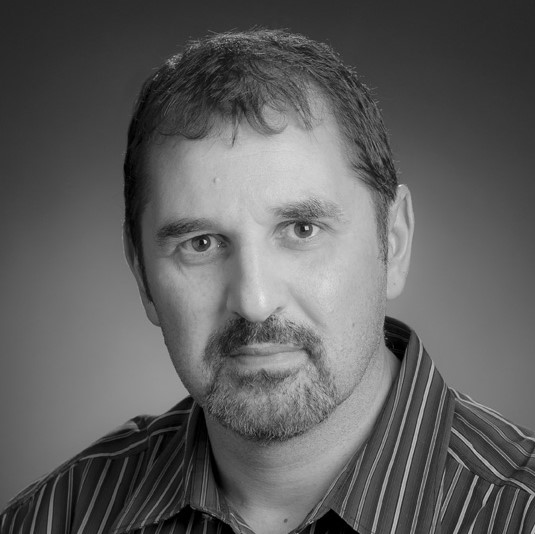 Garth Davies is an Associate Professor in the School of Criminology at Simon Fraser University. His current work involves developing a database for evaluating programs for countering violent extremism; the social psychology of radicalization; and the statistical modeling and projection of violent right-wing extremism. He has also been involved in the development of the Terrorism and Extremism Network Extractor (TENE); a web-crawler designed to investigate extremist activities on the internet. The crawler is presently being adapted to examine violent extremism on the dark net. Dr. Davies earned his Ph.D. in Criminal Justice from Rutgers University.
Garth Davies is an Associate Professor in the School of Criminology at Simon Fraser University. His current work involves developing a database for evaluating programs for countering violent extremism; the social psychology of radicalization; and the statistical modeling and projection of violent right-wing extremism. He has also been involved in the development of the Terrorism and Extremism Network Extractor (TENE); a web-crawler designed to investigate extremist activities on the internet. The crawler is presently being adapted to examine violent extremism on the dark net. Dr. Davies earned his Ph.D. in Criminal Justice from Rutgers University. Link: https://www.sfu.ca/iccrc/members/memberprofiles/garth-davies.html
Research Assistant: Sara Doering
Sara is a PhD student in the School of Criminology at Simon Fraser University, studying terrorism and violent extremism in Canada. More specifically, her research focuses on structural-level factors associated with terrorism in Canada, right-wing extremism, and the relationship between mental health and terrorism. -
Dr. Samuel Tanner, Quebec
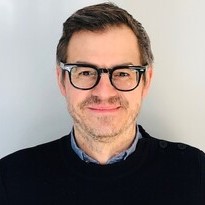 Having worked on mass violence in armed conflict, as well as police deployments in international peace operations, Samuel’s current research interests focus on two areas in particular.
Having worked on mass violence in armed conflict, as well as police deployments in international peace operations, Samuel’s current research interests focus on two areas in particular. The first is the relationship between media, communication and security. More specifically, the role, policies, practices and impacts of the use of new information and communication technologies related to security. For example, what uses are made of social media by law enforcement agencies? What impact do they have on police practices? More broadly, what contributions do digital cultures have in managing internal and transnational security?
The second area of research focuses on violent extremism. After exploring this issue in the context of the involvement of armed gangs in mass violence, Samuel now turns to the domestic context and so-called "extremist" violence. More specifically, he is working on the far-right in Canada, its mapping, its configurations, the trajectories of its members and the links it maintains with other players abroad and especially its use of new communication technologies (social media, digital platforms).
Link: https://recherche.umontreal.ca/english/our-researchers/professors-directory/researcher/is/in15014/
https://www.cicc-iccc.org/fr/personnes/chercheurs_reguliers/samuel_tanner
Research Assistant: Rosalie Chevrette
Rosalie is a PhD student in the School of Criminology at University of Montreal. Her research focus on anti-immigration activism in the province of Quebec. Through an ethnographic approach, she seeks to reach a deeper understanding of anti-immigration practices and mobilizations.
-
Dr. Leah West, Ontario
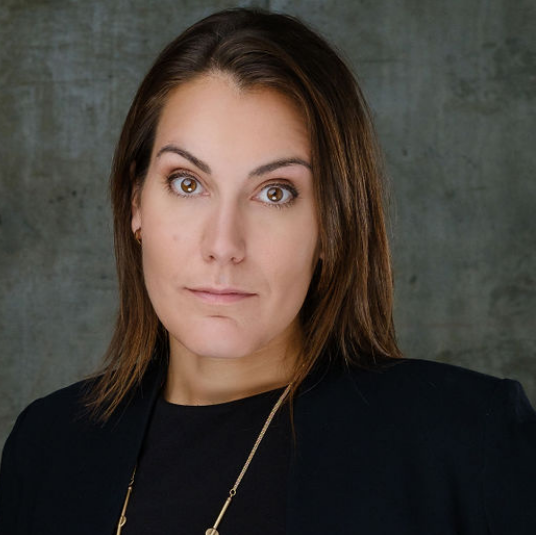 Dr. Leah West is an Assistant Professor of International Affairs at the Norman Paterson School of International Affairs at Carleton University.
Dr. Leah West is an Assistant Professor of International Affairs at the Norman Paterson School of International Affairs at Carleton University.Leah practices, studies and publishes in the field of national security law. She completed her SJD at the University of Toronto Faculty of Law in 2020; her research explored the application of criminal, constitutional and international law to state conduct in cyberspace. Leah regularly lectures and engages with the media on her areas of research interest. She is also the National Administrator of the Canadian National Rounds of the Phillip C Jessup International Law Moot, and serves as Counsel with Friedman Mansour LLP.
Leah previously served as Counsel with the Department of Justice in the National Security Litigation and Advisory Group where she appeared before the Federal Court in designated proceedings and the Security Intelligence Review Committee. Before being called to the Ontario Bar in 2016, Leah clerked for the Honourable Justice Mosley of the Federal Court of Canada. Prior to attending law school, Leah served in the Canadian Armed Forces for ten years as an Armoured Officer; she deployed to Afghanistan in 2010.
Link: https://carleton.ca/npsia/people/leah-west/
Research Assistant: Vincent Belanger
Vincent Bélanger is a master’s student at the Norman Paterson School of International Affairs at Carleton University. He completed an Honours Bachelor of Social Sciences in Conflict Studies and Human Rights at the University of Ottawa. His current research focuses on veterans adopting right-wing extremist ideologies.
-
Dr. Carmen Celestini, Postdoctoral Fellow, Ontario Tech University
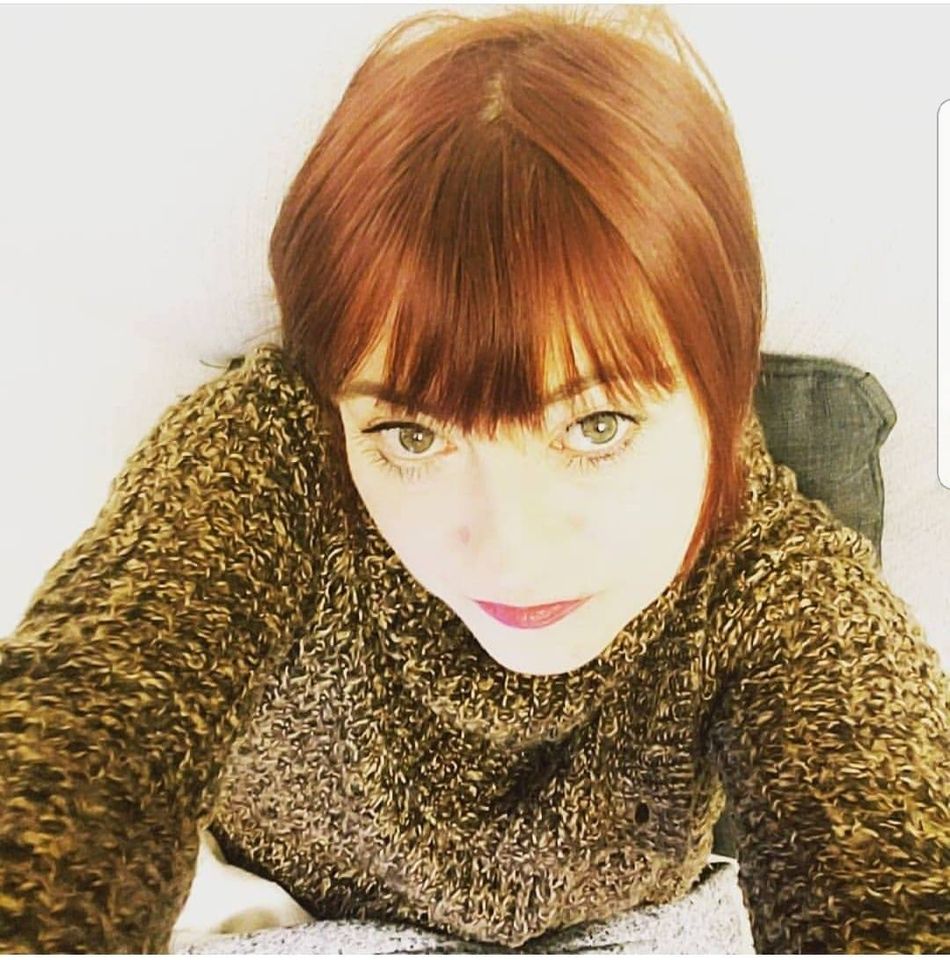 Carmen is currently an instructor at the University of Waterloo in the Religious Studies Department and Arts First Program. Her research is predominately in the field of religion and social theory, with a focus on improvisational conspiracy, the overlapping belief systems of apocalyptic Christian thought and conspiracy theories, and the impact of these beliefs on the American political system. In her doctoral work, the focus was on the John Birch Society of the 1950s and ’60s and how their form of improvisational conspiracism was linked to contemporary right-wing mobilization. Her interdisciplinary work also includes religion and pop culture, specifically within subversive or marginalized new religious movements.
Carmen is currently an instructor at the University of Waterloo in the Religious Studies Department and Arts First Program. Her research is predominately in the field of religion and social theory, with a focus on improvisational conspiracy, the overlapping belief systems of apocalyptic Christian thought and conspiracy theories, and the impact of these beliefs on the American political system. In her doctoral work, the focus was on the John Birch Society of the 1950s and ’60s and how their form of improvisational conspiracism was linked to contemporary right-wing mobilization. Her interdisciplinary work also includes religion and pop culture, specifically within subversive or marginalized new religious movements. -
Dr. Philip McCristall, Postdoctoral Fellow, Ontario Tech University
Philip recently completed his PhD at Queen’s University. His dissertation focused on the experiences of women who served in the Canadian military, along with the barriers of inequality that stem from the masculine ethos that is present within the Canadian Armed Forces. He also explored the male dominating culture within the Canadian military and researched how this culture negatively impacts health and wellness, as well as attitudes toward collaborative working environments. Prior to his PhD, Philip earned his master’s degree and honours degree in criminology from Ontario Tech University, specializing in military personnel, behaviour, and social justice. Philip previously served in the Canadian Armed Forces in a combat role during the 1980’s and 1990’s.
-
Dr. John McCoy, Organization for the Prevention of Violence
Dr. John McCoy is the Executive Director of the OPV. In addition to this role, he is an Adjunct Professor at the University of Alberta and a Senior Research Affiliate at the Canadian Network for Research on Terrorism, Security & Society (TSAS). McCoy has worked as a consultant in the Middle East, North America, Europe and the Caribbean and with the Royal Canadian Mounted Police’s Integrated National Security Enforcement Team (RCMP-INSET), specifically as an instructor on the Counter-Terrorism Information Officer (CTIO) course. McCoy has represented Canada and the OPV at the Organization for Security and Co-operation in Europe, G20 and the General Assembly of the United Nations. He has more than forty publications on the subjects of violent extremism, and integration, including op-eds, policy papers, academic articles and books.
-
Dr. Michael King, Organization for the Prevention of Violence
Dr. Michael King is the OPV’s Director of Research. He is also an adjunct professor in the Department of Political Science at the University of Toronto. He held several positions in the field of counterterrorism within the Government of Canada; most recently as Senior Research Advisor at the Canada Centre for Community Engagement and the Prevention of Violence, housed within Public Safety Canada. Previously, Mike has done contract work for community-based NGOs, think tanks, and Canada’s Department of Defence and Ministry of Public Safety. He completed a PhD in social psychology from McGill University, where he researched how individuals legitimize the use of terrorism.
-
David Jones, Organization for the Prevention of Violence
David is the Manager of Applied Research at the OPV and a research affiliate at the Canadian Network for Research on Terrorism, Security and Society (TSAS). His work has been funded by Public Safety Canada, TSAS, NATO and the Department of National Defence. He has delivered training and lectures before diverse audiences including the Brookings Institution, Oxford University’s Department of Politics and Canadian Joint Operations Command (CJOC). He also regularly instructs on the RCMP’s Counterterrorism Information Officer Course. In addition to research, David works with some of the clients in the OPV’s intervention program. He is a graduate of the University of Alberta.
-
Dr. Yannick Veilleux-Lepage, Leiden University
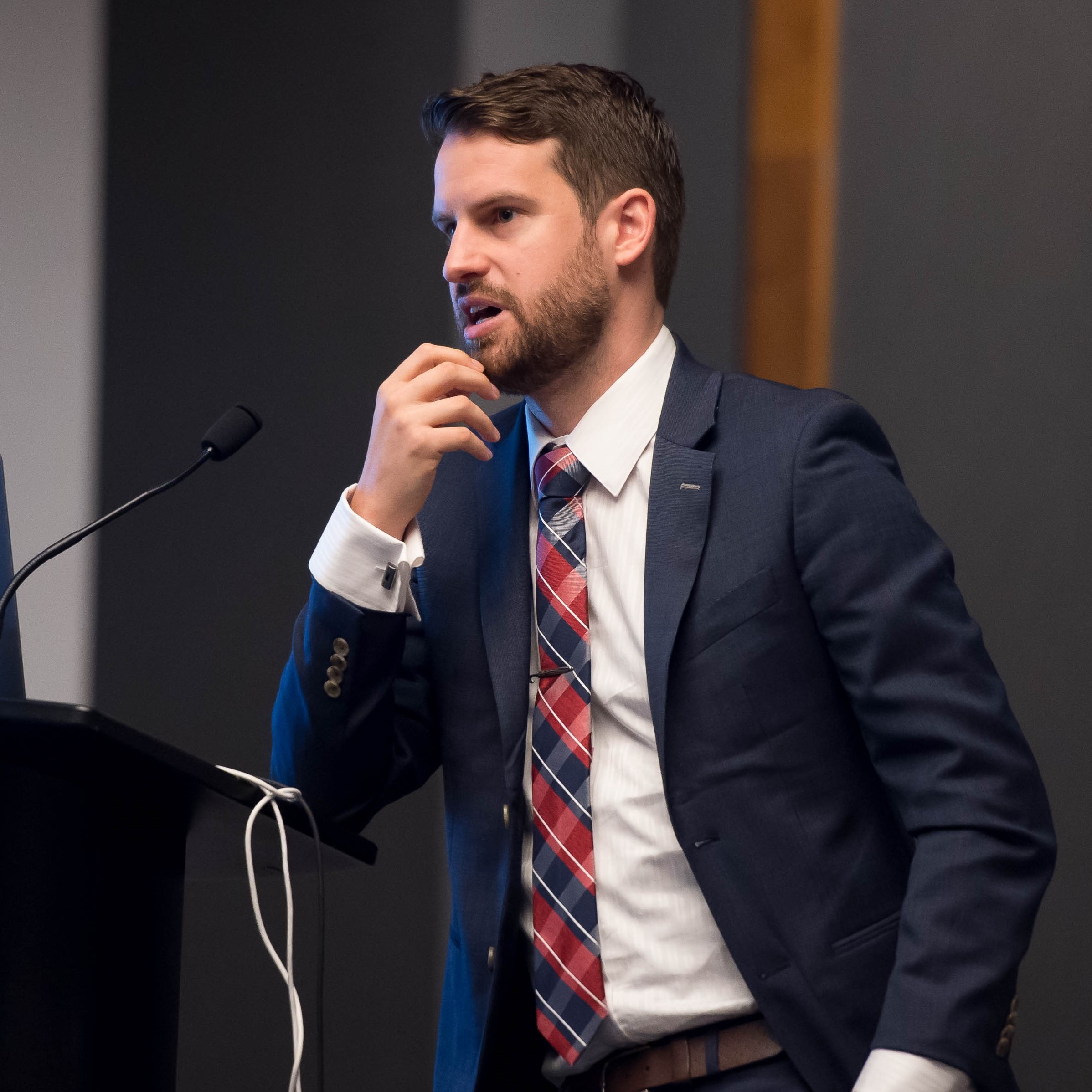 Yannick Veilleux-Lepage is an Assistant Professor of Terrorism and Political Violence at the Institute of Security and Global Affairs at Leiden University. He was previously a Senior Researcher in the Transcultural Conflict and Violence Initiative at Georgia State University, where he worked on Department of Defense funded projects analyzing media products and online discourse produced by extremist groups. Dr Veilleux-Lepage is also an Associate Fellow of the Higher Education Academy and a Senior Research Associate of the Canadian Network for Research on Terrorism, Security and Society.
Yannick Veilleux-Lepage is an Assistant Professor of Terrorism and Political Violence at the Institute of Security and Global Affairs at Leiden University. He was previously a Senior Researcher in the Transcultural Conflict and Violence Initiative at Georgia State University, where he worked on Department of Defense funded projects analyzing media products and online discourse produced by extremist groups. Dr Veilleux-Lepage is also an Associate Fellow of the Higher Education Academy and a Senior Research Associate of the Canadian Network for Research on Terrorism, Security and Society. Dr. Veilleux-Lepage’s research interests include the creation of online narratives and propaganda which fosters or normalizes terrorism; historical antecedents to terrorism; far-right extremism and the transnational links of far-right groups; ideological and technical diffusion, and the application of evolutionary approaches to social sciences.
His doctoral research, which explained the process by which new techniques of political violence appear, transform, spread, and disappear, drawing on insights from evolutionary theory, is the subject of his new book How Terror Evolves: The Emergence and Spread of Terrorist Techniques. Dr. Veilleux-Lepage is also the author of several peer-reviewed articles and reports on the weaponisation of social media, far-right extremism, and tactical innovation.
He has appeared or been cited in national and international media as an expert in his field, including the BBC, CBC, CNN, International Business Times, ITV, La Presse, LBC, Metro News (Sweden), Radio-Canada, Sky News, The Global and Mail, The Guardian, and The National Post.
Dr. Veilleux-Lepage holds a doctorate in International Relations from the University of St Andrews in Scotland. He earned a master’s degree in International Affairs from the Norman Paterson School of International Affairs (Carleton University) in Ontario, Canada and a bachelor’s degree in Interdisciplinary Studies (Security Studies) from Carleton University. Prior to undertaking his doctoral studies, Dr. Veilleux-Lepage worked as a senior intelligence analyst specializing in international terrorism and emerging threats for the Government of Canada. -
Tracy Campbell, Network Coordinator
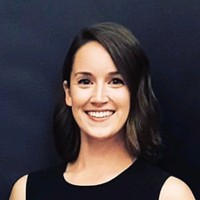 Tracy is the Coordinator of the Network for Research on Hateful Conduct and Right-Wing Extremism in the CAF. She has experience working with the Canadian Armed Forces, both as a civilian and as an officer. Previously, in her role as a Physical Fitness Policy and Standards Coordinator for the Canadian Forces Morale and Welfare Services, she managed physical fitness training programs and policies for the CAF and played a critical role in enabling the organization to move from paper to electronic systems for tracking military fitness results.
Tracy is the Coordinator of the Network for Research on Hateful Conduct and Right-Wing Extremism in the CAF. She has experience working with the Canadian Armed Forces, both as a civilian and as an officer. Previously, in her role as a Physical Fitness Policy and Standards Coordinator for the Canadian Forces Morale and Welfare Services, she managed physical fitness training programs and policies for the CAF and played a critical role in enabling the organization to move from paper to electronic systems for tracking military fitness results. Tracy obtained a Bachelor of Commerce with a Certificate in Human Resources Management from Saint Mary’s University in 2018 and a Bachelor of Science in Kinesiology from Dalhousie University in 2008.